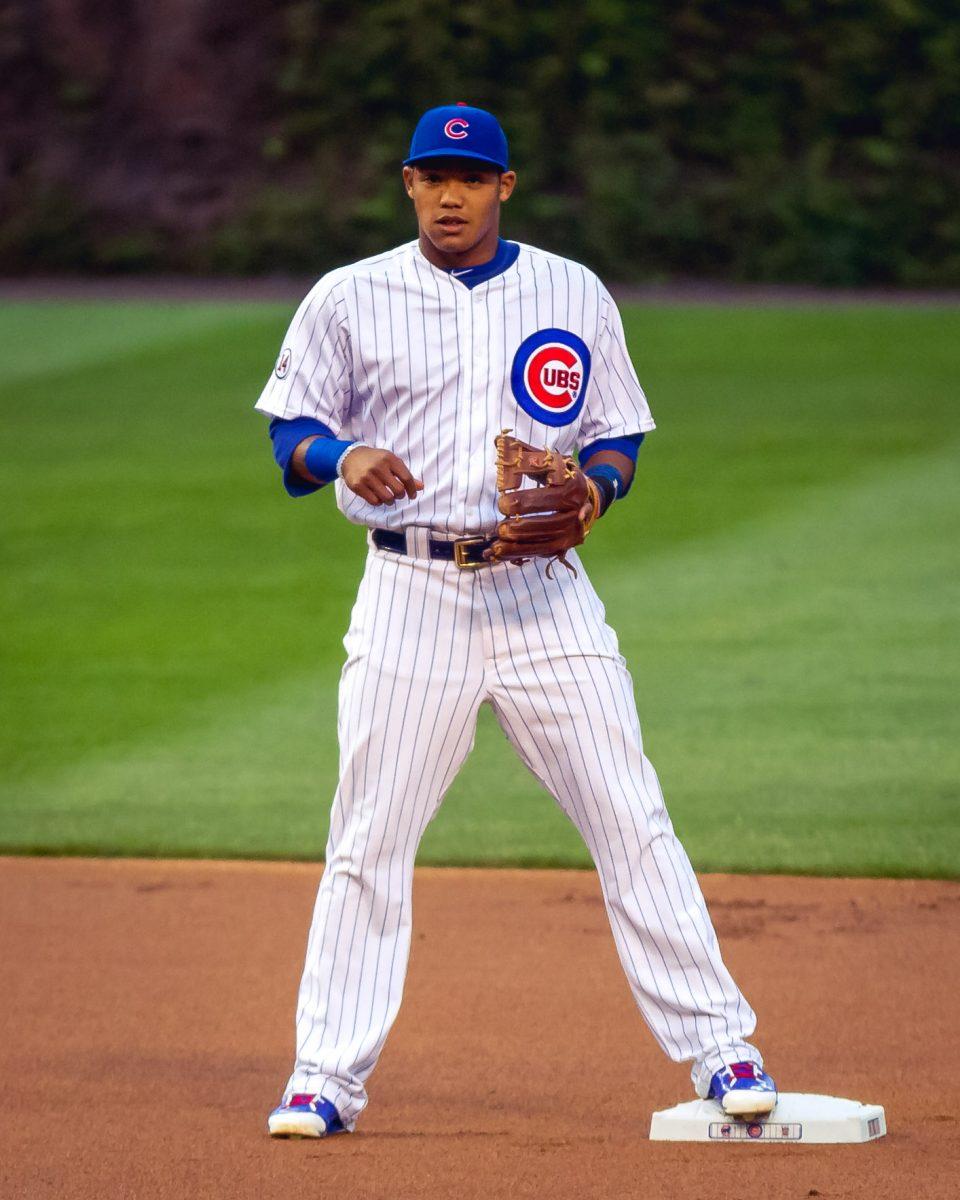_Maureen Dunne is a freshman journalism major at MU. She is an opinion columnist who writes about student life for The Maneater._
This winter, the release of Lifetime’s explosive “Surviving R. Kelly” TV series brought about a new understanding in American society: art can no longer be separated from the artist.
The public could no longer be complicit in supporting a man who committed such heinous crimes against women over the years, embodied in the emergence of the #MuteRKelly movement. Its aims were to dismantle the system in which a notorious abuser benefits from public attention to their art by radio stations banning and individuals boycotting R. Kelly’s music.
Even other artists, such as Chance the Rapper and Lady Gaga, recognized the need to stop supporting him and removed their collaborations with him from all streaming services in solidarity with his victims.
Just as is in the music industry, every MLB club is a business intent on making money, even if that means putting a proven domestic abuser at second base. From attending games or purchasing jerseys to buying a hotdog in the stadium, every move a fan makes reinforces the money making ability of decisions made by upper management.
With the MLB season a few weeks away, we need to keep the same energy harnessed over the winter for the newest season of America’s favorite pastime. MLB’s domestic violence policy is a mere slap on the wrist for players and perpetuates the narrative that the rich and famous can commit crimes and have a multi-million dollar salary waiting for them after their punishment.
Since the MLB’s joint domestic violence, child abuse and sex abuse policy came into effect in 2015, over seven players have been temporarily suspended. The policy grants the MLB Commissioner’s Office latitude to investigate all claims, and provides no minimum or maximum punishments for players found to have committed these crimes.
As a result, punishments for abusive players are minimal in some cases and completely arbitrary in others. For example, Roberto Osuna, a Houston Astros relief pitcher, was suspended for 75 games for a domestic violence related incident at the beginning of the 2018 season. On the other hand, Chicago Cubs player Addison Russell received merely a 40 game suspension for the physical and emotional abuse of his ex-wife. Inconsistent numbers of game suspensions send the message that certain types of domestic abuse are worse than others.
Russell, Osuna and many other players are still profiting despite the abuse they have inflicted upon women and children because the punishment handed down from the MLB hasn’t been severe enough. Since the implementation of the new policy in 2015, there has been no decrease in the amount of domestic violence cases cropping up in the MLB, despite violence prevention being its expressed goal.
MLB Upper Management is aware of the magnitude of its decisions regarding known abusers. Regarding the recent case of Addison Russell, Cubs General Manager Theo Epstein stated to ESPN reporters that “with all of [the Club’s] words and actions going forward, whether we know it or not, we’re sending messages to our fans.” Although Epstein seemed aware of the implications of extending another contract to a known abuser, the team ultimately decided to invite Russell to fully participate in spring training, and have him finish the rest of his suspension in the early 2019 season. The message here seems to be that the Cubs are willing to play a domestic abuser in the infield as long as he performs well.
Allowing known abusers back on the diamond also alienates a significant portion of MLB’s fanbase, namely, the one in four women and one in six men who have been sexually assaulted in their lifetimes.
In order to achieve actual change, the MLB needs to be hit where it hurts: the bank. Fans need to reach out to their team this season and tell upper management that their choices have consequences. Their decisions are in fact alienating a portion of their fan base, and in effect, costing them money. Something as simple as not buying food in the ballpark, or as severe as boycotting the team entirely can make huge waves if accompanied by an explanation from fans.
Making the MLB feel the losses in income that R. Kelly is facing right now is not as easy as pressing the “mute artist” button on Spotify, but it’s a task needed to be undertaken for its improvement. Emailing upper management or refusing to buy ballpark food doesn’t make you less of a fan, but is an investment for improving the team you love.














